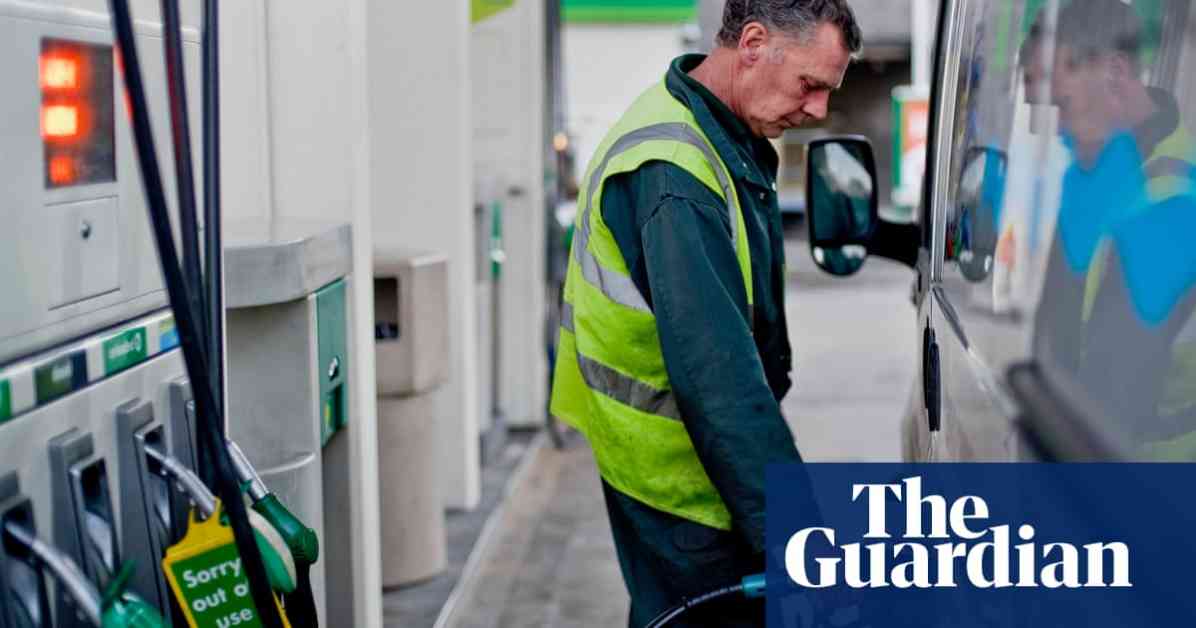UK Inflation Reaches 2.6% – Calls for Interest Rate Stability
The United Kingdom is facing a significant economic challenge as inflation reaches its highest level in eight months, standing at 2.6%. This surge in inflation has put pressure on the Bank of England to maintain interest rates at their current level despite a slowdown in the British economy. The consumer prices index rose from 2.3% in October to 2.6% last month, driven by the increasing costs of petrol, groceries, and a rise in tobacco duty in the budget.
Inflation Impact on the Economy
The latest data from the Office for National Statistics has revealed that the headline rate of inflation has risen above the Bank’s 2% target for the second consecutive month. Grant Fitzner, the chief economist at the ONS, highlighted that the increase in inflation was primarily due to higher prices of motor fuel and clothing this year compared to a year ago. These price hikes were offset partially by a significant drop in air fares, a trend that is typically seen at this time of year.
Inflation Effects on Consumer Goods
One of the most tangible impacts of this inflation rise is reflected in the prices of petrol and diesel. The average price of petrol rose by 0.8p a litre between October and November to reach 134.8p a litre, while diesel saw a 1.4p increase to stand at 140.5p a litre. In contrast, air fares experienced a substantial 19.3% decrease compared to a 13.9% drop a year ago.
Expert Insights and Predictions
Economists are now predicting that the Bank of England will likely maintain its interest rates at the current level of 4.75% amid concerns over persistently high inflation. Thomas Pugh, an economist at RSM UK, emphasized that the rising inflation rate is making the Bank’s monetary policy committee nervous. While there is a desire to avoid economic stagnation or recession, the priority remains on curbing inflation, especially as consumer inflation expectations continue to rise.
Challenges Ahead for the Economy
Despite the recent rise in inflation, the UK economy is showing signs of losing momentum, with GDP unexpectedly falling by 0.1% in October. Business surveys indicate a sharp decline in employment levels, the most significant drop since the global financial crisis in 2009 outside of the Covid pandemic.
Human Impact and Calls for Support
Paul Nowak, the general secretary of the Trades Union Congress, emphasized the ongoing challenges faced by families and businesses due to the steep increase in the cost of living. As the economy remains fragile, there is a growing need for the Bank of England to continue supporting growth through potential interest rate cuts.
Looking Ahead
The Bank of England’s decision on interest rates is crucial for navigating the current economic landscape, balancing the need to control inflation while supporting economic growth. As inflation remains a persistent challenge, the future trajectory of interest rates will play a vital role in shaping the UK’s economic recovery and stability.












